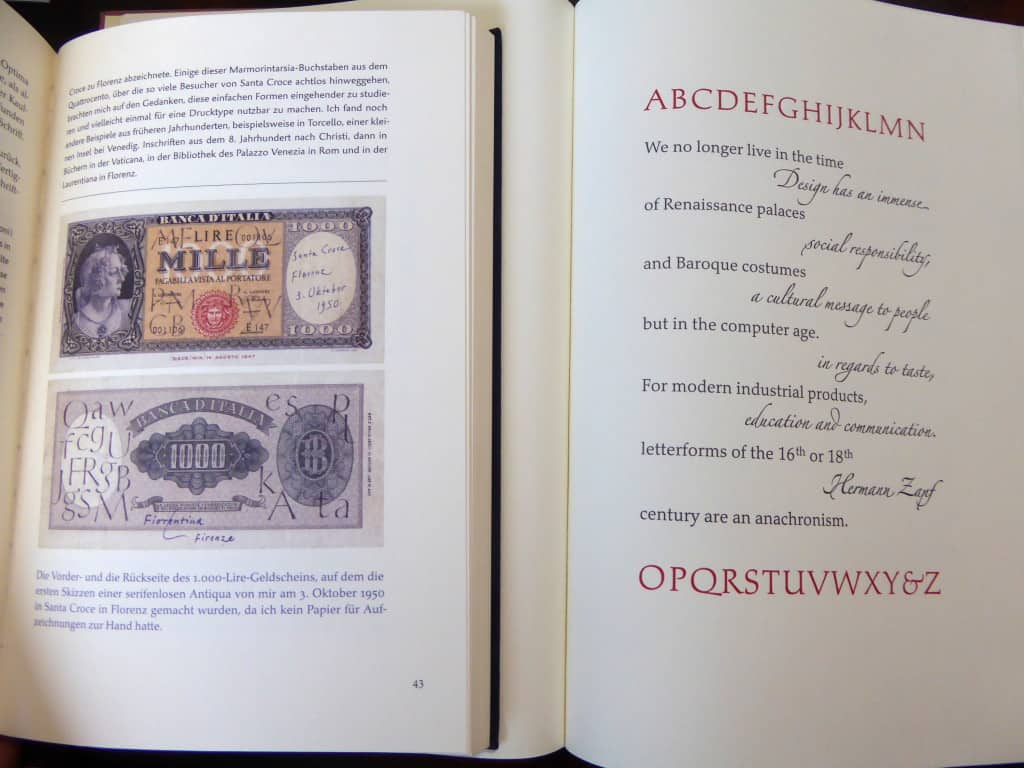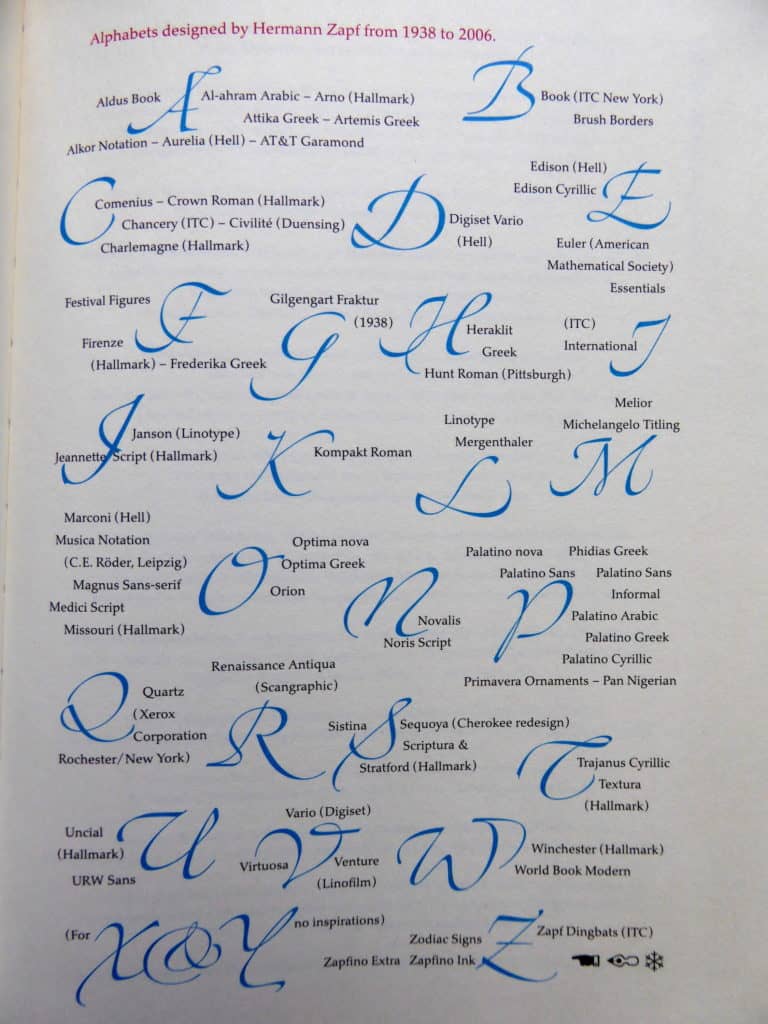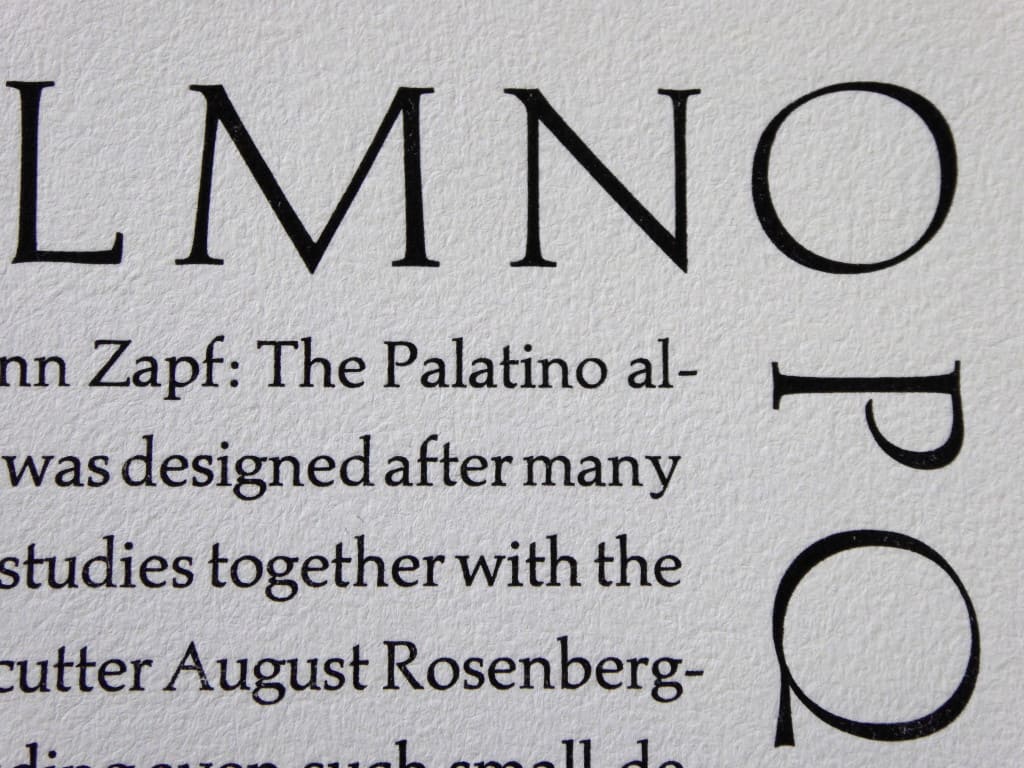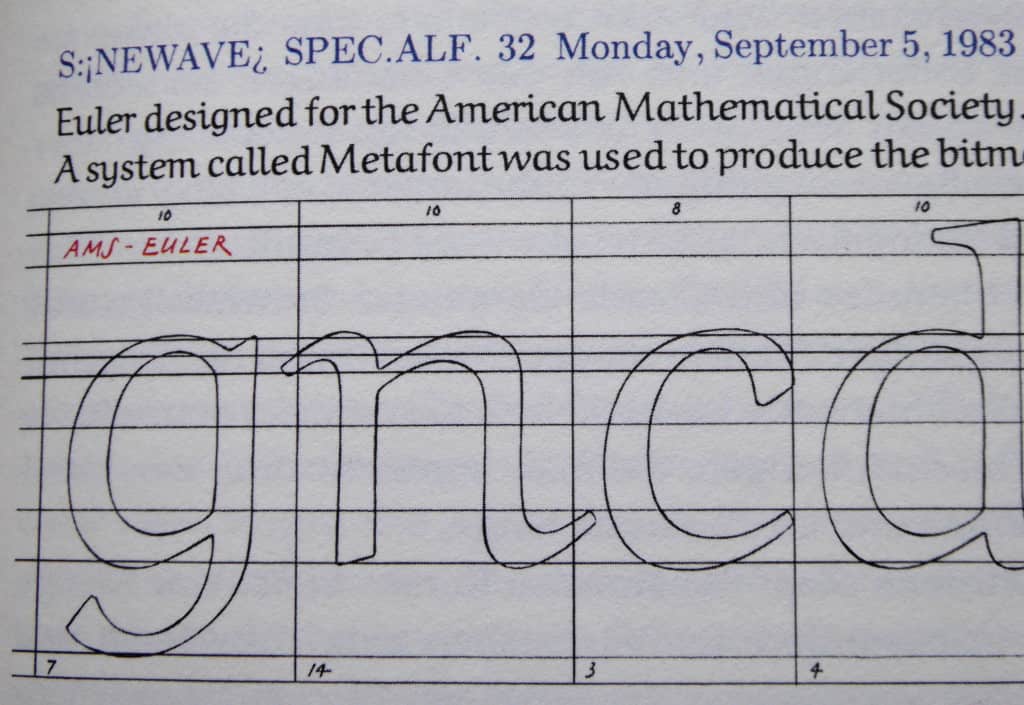TL;DR
I don t know much about fonts, I just use the stock ones that come with my system. From time to time I have issues with docs that others create, and use other fonts. This post is about my plans on learning a bit more and, at least, know how to solve those issues, if it s possible, while staying in the bright side (the free-software / free font side).
Long version
The context
I use Debian, LibreOffice, sometimes Inkscape, and LaTeX. One of my favorite hashtags is #iloveplaintext, I don t know much about design in general, and fonts and typography in particular. I didn t change the fonts in my desktops (only reduced the size in the laptop, to be able to read a bit more in my low resolution screen), I rarely change the font in Writer (maybe from Liberation Serif to Liberation Sans), I never changed the font in a LaTeX document or LaTeX beamer presentation (I write boring documents, I know) and when I paste from the web, it s usually because I want to read a long article so I paste as plain text in gedit and print it or save it.
So I ve never felt to learn more about fonts, it just works, and covers my needs, (or not, but I mostly could live with the issues).
Then a friend in the Pump.io network,
Adri n Perales, published a blog post about Typography (in Spanish) that I liked very much, and I began to think (and remember) some of the issues that I have from time to time with fonts.
Issue #1: League Gothic: a free font that was not installed in my system
Today, again in the Pump.io network, I discover that the FSF published a poster
Privacy is impossible without free software , in SVG format, but it didn t look well when I opened it with GIMP, clearly due to some missing font.
Nice that SVG format is a plain text format (XML)! So I opened the file with gedit and searched for the text string whose font was missing. It was League Gothic font, of course a free software font, but not packaged in Debian, it seems.
No problem. I
downloaded the font, copied the files in /usr/share/fonts and problem solved.
Issue #2: Book Antiqua: a non-free font (must find equivalent)
A document made with Microsoft Word that one friend sends to me so I review and resend (in PDF format) to other people. It s a leaflet, and it has text in Arial, in Tahoma, and in Book Antiqua. When I open it with LibreOffice the aspect is wrong (the substitutes are not the same size so some breaking lines and so).
Book Antiqua is not free. I learned that it s an imitation of the Palatino font, and that a similar font in the free software systems is URW Palladio . In Writer (LibreOffice), I went to Tools > Options > Fonts and declared the equivalence of the two fonts, so the program would use URW Palladio as a substitute of Book Antiqua. I opened again the document and it was quite better, very similar to the original aspect.
I didn t bother in changing the text in Arial or Tahoma, since the substitutes that LibreOffice used were quite good. But I bookmarked this page:
A Web Designer Guide to Linux Fonts for remembering the different fonts that I can try to emulate the Windows ones.
I also know that I can install the
Microsoft Core Fonts for the web since they are packaged for Debian in the contrib archive. But I ll try to survive without them for now (until now, I didn t bother, why should I now that I have the substituting guide?). In other news, I got impressed that
MS Core Fonts is #4 in Most downloads all over the time in SourceForge, with more than 450 million downloads \o/
Issue #3: Installing a new free font in Debian
So I decided to install one of the fonts that Adri n Perales recommended in his blog post, Linux Libertine . Since it is packaged for Debian, it s super easy:
# apt-get install ttf-linux-libertine
(my LibreOffice was opened, so I closed it and opened again, and the font was there ready for use).
Issue #4: Use a different font in LaTeX
Well, as always, there is not one but
many ways to do that in LaTeX. My intuition tells me that if there is a LaTeX package for the font that I want to use, it s probably a nice idea to just use it.
So I searched about Linux Libertine in LaTeX and yes, there is a package (and you can find a very interesting font guide in
The LaTeX font catalogue ). I installed the package texlive-fonts-extra, and then, I added two lines in my LaTeX document:
\usepackage libertine
\usepackage[T1] fontenc
Compiled, and the resultant PDF was using Libertine font instead of Computer Modern.
TODO (and/or wishlist)
When opening a document that uses a font not present in my system, I maybe wouldn t notice that a font is missing and I see a substitute (and maybe not the best one)!. It would be nice that the program tells the user
This file uses the font X, and it seems it s not in your system. I ll use font Y as a substitute .
I m not sure if there is a standard way to know which package contains a certain font. I use a web search engine to try to find out, and the websites that I linked in the article.
I have to investigate and learn a bit more about free fonts equivalents to the ones that other people use, and fonts in general, so my documents are more beautiful and people gets interested to know about the tools that I use to produce them.
Well, I ve written a long blog post (thanks if you read until here!), solved some issues, and try some things, but not even capturing a snapshot to show here! It seems that I m still lazy, forgive me I hope at least this #plaintext is useful for you
:)Filed under:
My experiences and opinion,
Uncategorized Tagged:
Debian,
English,
Fonts,
Free Software,
LaTeX,
libre software,
LibreOffice,
Moving into free software,
pump.io 
 A good amount of the Debian reproducible
builds team had the chance to
enjoy face-to-face interactions during DebConf15.
A good amount of the Debian reproducible
builds team had the chance to
enjoy face-to-face interactions during DebConf15.

 Toolchain fixes
Toolchain fixes
 Last weekend
Last weekend 






 I have spent today making my first ever batch of
I have spent today making my first ever batch of 










 A week ago,
A week ago,